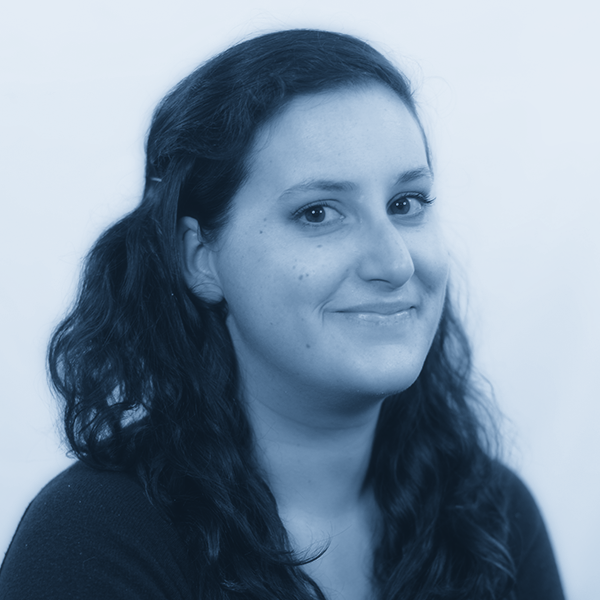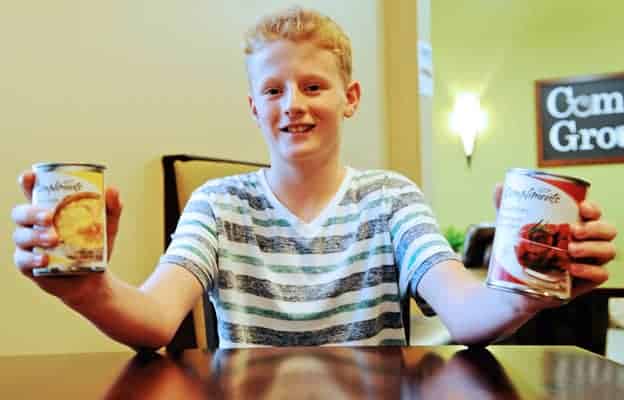As municipal elections continue to face dismally low voter turnout rates, local high school civics classes hope to teach students the importance of exercising their democratic right.
EDSS teacher Chris Finnie will be holding a mock election for the civics classes, allowing students to cast their “vote” for the municipal election. Their votes are registered with the region and tallied within the larger picture of the province.
The whole school previously participated for the provincial election in the spring.
“Municipal elections don’t get as much coverage as the federal or provincial with students knowing what’s going on,” Finnie said. “Most don’t know what a trustee or a councillor would be. My job with these students is that they understand what the role of the federal government is, provincial government is, municipal government is and what they do for society.”
This week the students were learning what the roles of the mayor and councillors are, what the school board is and what the trustees do. Next week he’s taking them to the computer lab to research the candidates and decide which candidates they’d choose for the different positions.
He said they help students discover what issues matter the most to them, so they can align them with the party that’s the best fit.
“I think it’s important for them to vote in an educated way, so they understand what they’re voting for, so giving them the tools to look up the platforms of the people,” Finnie said.
He said usually for the provincial or federal elections they get the whole school to do the mock vote, but this time he felt it was appropriate for just the civics students to participate.
“And because civics is in Grade 10, it’s a few years before they’re able to vote,” Finnie said. “I thought because it’s a little bit more local I’d do it just for the class. It’ll be next Thursday or Friday when they want you to do the votes so they can be sent and they can tally the votes before the actual election day.”
They’re also doing a country simulation in class now where the students are put in groups where they create a fictitious government with a prime minister and Members of Parliament. They have a family to support, they can trade resources and they also create laws and have a court system.
“A lot of the questions that come up that they struggle with, especially the students that take on position of the politician, is how do you make decisions, do you make decisions based on what you personally what to happen or your party wants to happen or do you do what the people want?”
He said they really learn to empathize with people in Parliament, which is something people tend to complain about. He adds it’s beneficial for them to get a little bit more of a personal touch to how politics works. The main things they’re aiming to teach are how can you make change and effect change, and be an active citizen in a democratic society.
They learn the importance of voting firsthand because if they don’t vote well they’re stuck with a government they didn’t want for a certain number of years within the simulation.
“They get really engaged in the wording of the laws and trying to debate whether a law should be passed. They really like the court cases the best,” Finnie said. “They’re students who like to take on the role of being a judge or a lawyer or a jury. They like hearing evidence and trying the figure out if they’re guilty or not.”
He says parents often tell him at parent teacher conferences that their children rarely talk to them about school, but they always tell them about their civics class.
“I think it’s a really important class for them to understand the impact they can have not just in voting, but make a change, and also be engaged in society in helping make a difference,” Finnie said.








